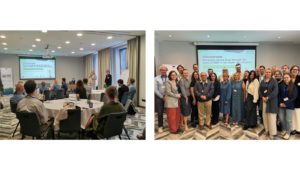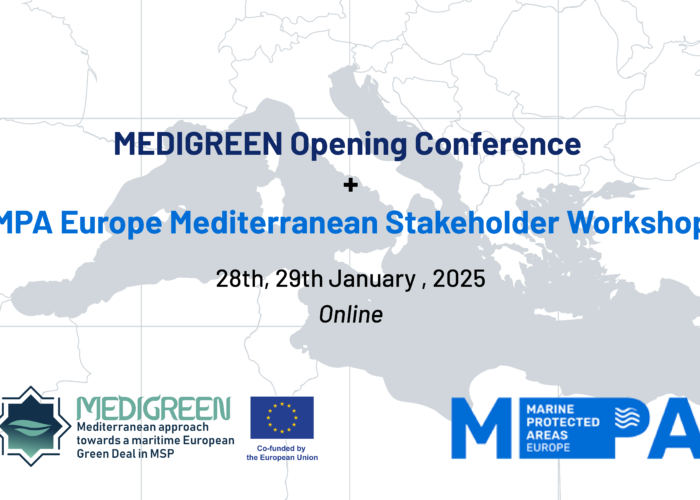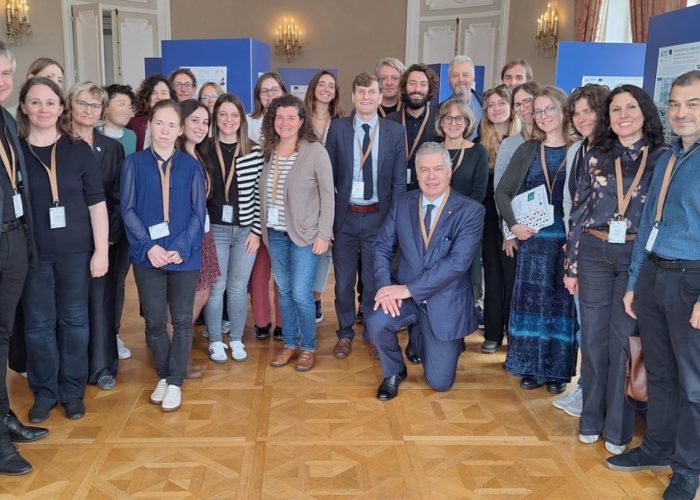17.09.2024
Experts from 🇱🇹 🇵🇱 🇩🇪 🇸🇪 🇫🇮 🇪🇪 🇱🇻 🇪🇺 came together on the 17th of September in Rīga (Latvia) to discuss project recommendations on how to reconcile the European Green Deal & Maritime Spatial Planning- as to identify specific regional challenges and also actions to be prioritised.
Some preliminary findings point out to historically effective and strong establishments of institutional system for ensuring integrated BSR cooperation and joint decision-making that has already been performed in the context of the Baltic Sea (under the HELCOM-VASAB MSP Working Group). Additionally it seems evident that in order to reconcile the overarching goals of the Green Deal in marine domain, cross-border strategic plans of sectoral directions and its cumulative oversight are especially needed at the level of sea basins and in-between neighbouring nations (e.g. OWF, basin-level energy targets, specific zone allocation, MPAs). As the basis for MSPs re-assessments, there is a role for:
– national timeline synergies for decision-making processes (differentiation between legislative systems);
– adaptive, dynamic MSPs in the face of uncertainties (e.g. climate change, species migratory/habitat area changes to be accounted);
– assessing impacts on sector-based decisions to stakeholder groups & early-stage communication as an obligatory prerequisite (e.g. for OWF, aquaculture developers);
– overall process simplification, including the use of united knowledge and data



